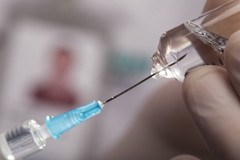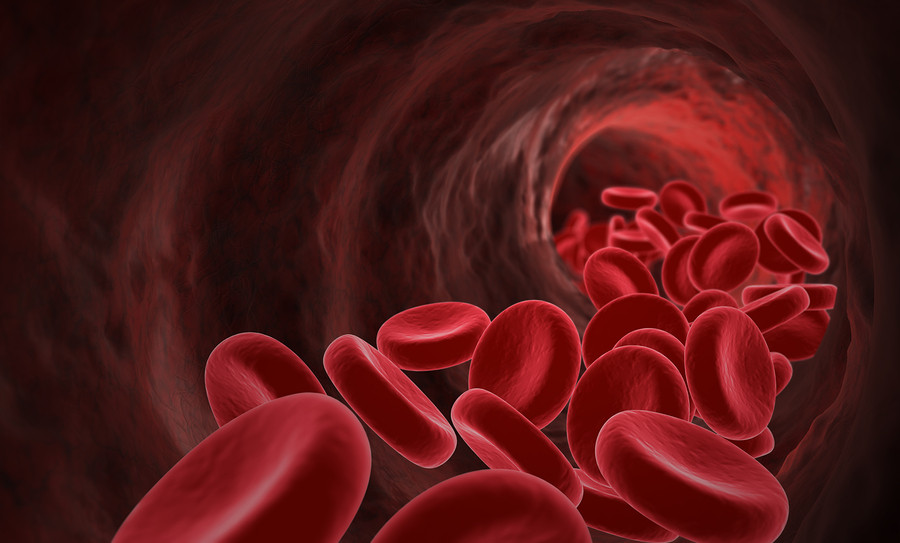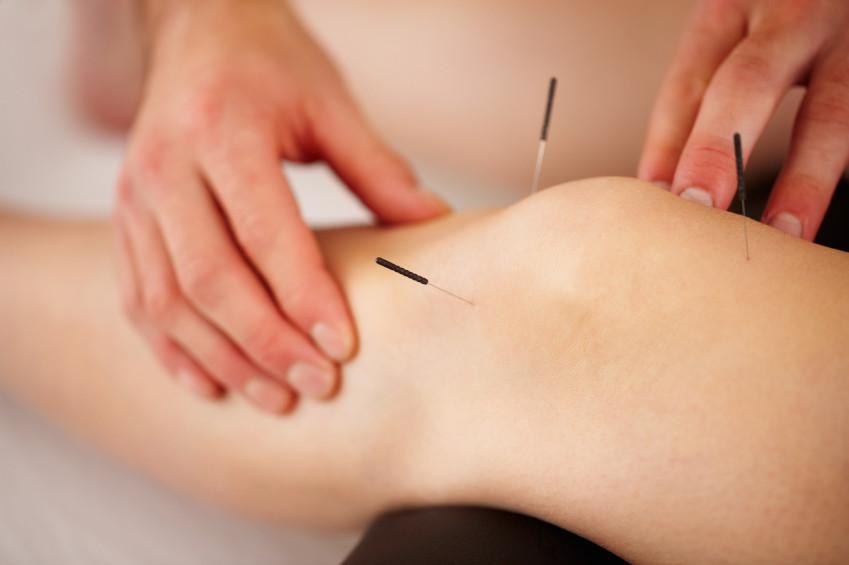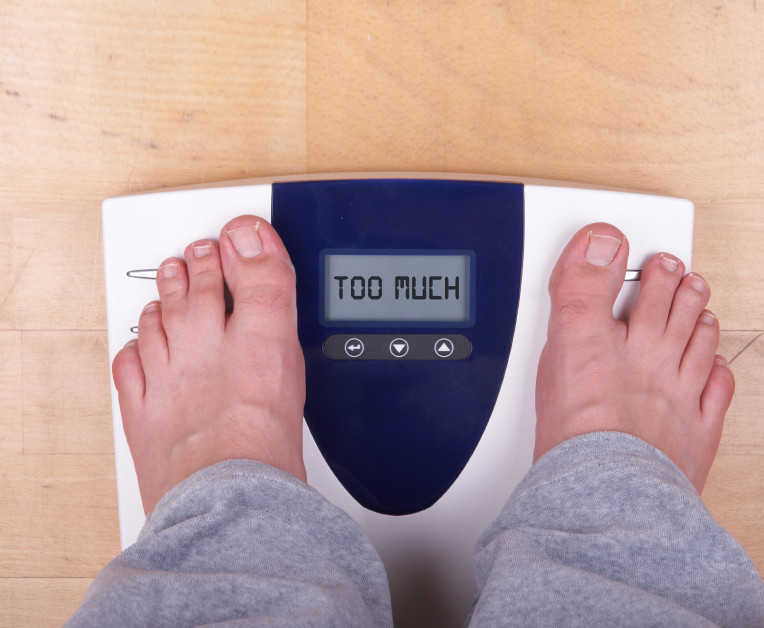
Driving with arthritis pain: Stay comfortable — and safe — behind the wheel

Daily cup of coffee may prevent afib recurrence

Gene-editing therapy lowers harmful blood fats in early study

What is EMDR therapy, and who can it help?

GLP-1 drugs versus bariatric surgery for treating obesity

Two dumbbells, three exercises, and 10 minutes

Easing the emotional burden of IBS

Modify your push-ups to meet your fitness level

What is long QT syndrome?

Stroke survivors may benefit from very low LDL levels
Harvard Health Blog
Read posts from experts at Harvard Health Publishing covering a variety of health topics and perspectives on medical news.
Articles
People with type 1 diabetes are living longer
Ninety years ago, type 1 diabetes was a death sentence: half of people who developed it died within two years; more than 90% were dead within five years. Thanks to the introduction of insulin therapy in 1922, and numerous advances since then, many people with type 1 diabetes now live into their 50s and beyond. But survival in this group still falls short of that among people without diabetes. A Scottish study published this week in JAMA shows that at the age of 20, individuals with type 1 diabetes on average lived 12 fewer years than 20-year-olds without it. A second study in the same issue of JAMA showed that people with type 1 diabetes with better blood sugar control lived longer than those with poorer blood sugar control.
Vasectomy, prostate cancer link still uncertain
Although a long-term study has shown that men who had a vasectomy have a slightly increased risk of developed high-grade prostate cancer, not all experts believe that the link is real.
Feeling young at heart may help you live longer
Feeling young may be one way to keep getting older. In a new study, a pair of researchers from University College London found that older people who felt three or more years younger than their actual age were more likely to be alive eight years later than those who felt more than one year older than their actual age. Does a youthful feeling keep people alive? Possibly: feeling younger may lead to better health habits, like exercising and eating healthfully. Feeling younger may also inspire a sense of resilience that keeps people young.
Are testosterone supplements linked to cardiovascular problems?
A growing number of aging men are trying to hold on to their youthful vigor by taking testosterone. Unsettling study results suggest that men with low but “normal” testosterone levels who take a testosterone supplement may be increasing their risk of having a heart attack, stroke, or developing heart disease.
Cold hands: Could it be Raynaud’s?
If your fingers turn ghostly white and numb when they get cold, you may have Raynaud’s syndrome (or disease or phenomenon). This common condition Raynaud’s is an exaggeration of the body’s normal response to cold. It usually affects fingers and toes, but may also affect the nose, lips, ears, and nipples. Named after the French physician who first described it in 1862, Raynaud’s is a problem in the body’s arteries. They spasm and collapse in response to cold or stress. Without a steady supply of warm blood circulating through them, the affected body part becomes pale. When the spasm ends and the arteries reopen, allowing blood to flow again, the finger, toe, or other body part turns pink or red. It may throb or tingle. Prevention—staying warm—is the best medicine. It’s possible to cut an attack short by running your hands under warm water, putting them in your arm pits, or waving your arms in circles to get the blood flowing. Other options include thermal feedback and relaxation techniques. More experimental options include Botox injections and sildenafil (Viagra).
Heavy drinkers aren’t necessarily alcoholics, but may be “almost alcoholics”
Nearly one-third of American adults are “excessive” drinkers, but only 10% of them have alcohol use disorder (alcoholism). Those numbers, published yesterday in a national survey, challenge the popular idea that most people who drink too much are alcoholics. The new study, done by researchers with the CDC and the Substance Abuse and Mental Health Service Administration, found that about 70% of all American adults drink alcohol at least now and then, about 30% report excessive drinking, and 3.5% have alcohol use disorder. It is higher among heavy drinkers (10%) and binge drinkers, ranging from 4% among those who report binge drinking once or twice a month to 30% among those who binge drink 10 times or more in a month. The knowledge that only 10% of heavy drinkers are alcoholic may be reassuring, but that doesn’t mean the other 90% aren’t have problems with drinking. Some are what Drs. Robert Doyle and Joseph Nowinski call “almost alcoholics.”
Can an app help you lose weight?
Smartphones and tablets combine an extraordinary amount of portable computing power with connectivity to the world via cell phone signal and WiFi. Many health entrepreneurs are trying to harness that power to help people to get healthier. But do they work? A study published this week in the Annals of Internal Medicine on one popular weight-loss app finds that the answer is “not so much.” University of California, Los Angeles researchers tested one free app called MyFitnessPal. Overweight women who used it lost about five pounds over six months—but so did women who didn’t use the app. In spite of the app’s poor showing in the UCLA trial, MyFitnessPal and other health apps can be useful tools for people who want to manage their weight and lifestyle. But it takes two things from the user—motivation to make a change and using the app enough to produce the desired effect.
Medicare says it will cover lung cancer scans for long-time smokers
Last spring, an advisory panel for the Center for Medicare and Medicaid Services (CMS) recommended that Medicare not cover low-dose CT scans for smokers or former smokers. These scans can double the proportion of lung cancers found at an early stage, while they are still treatable. Yesterday, CMS announced that it would cover the cost of these scans for people between the ages of 55 and 74 who smoke, or who quit within the last 15 years, and who have a smoking history of 30 pack-years. (That means a pack a day for 30 years, two packs a day for 15 years, etc.) The new Medicare plan would cover scans for an estimated 4 million older Americans, at a cost estimated to be more than $9 billion over five years. In a wise addition, Medicare will require smokers to get counseling on quitting or the importance of staying smoke-free before having the annual scan.
Low vitamin D tied to aggressive prostate cancer
Prostate cancer tends to be more aggressive in men with low levels of vitamin D. Among African American men, low vitamin D is also linked to a higher risk of developing prostate cancer.
Memory slips in your 70s may be an early hint of future dementia
Of all the health issues that loom large with age, memory loss is among those that provoke the most worry. A big reason is the uncertainty: people often wonder if their occasional memory slips are just a normal part of growing old or a sign of impending Alzheimer’s disease, the most common form of dementia. A new study of older adults, published in today’s issue of the journal Neurology, sheds some light—and perhaps offers a bit of reassurance—about the connection between self-reported memory loss and a diagnosis of dementia. Over a 10-year period as 70-somethings turned into 80-somethings, about 1 in 6 developed dementia. About 80% had reported memory changes. But it took about nine years from the first self-report of a memory change to a diagnosis of mild cognitive impairment, an intermediate stage between normal memory loss and dementia. The transition to dementia usually took about 12 years.
Benzodiazepine use may raise risk of Alzheimer’s disease
Drugs in the benzodiazepine family have long been used to treat anxiety and sleep problems. They can cause a bit of a brain hangover the next day. Experts have long assumed that people’s heads would clear once they stopped taking the drug. That may not be the case. In a study published last night by the journal BMJ, a team of researchers from France and Canada linked benzodiazepine use to an increased risk of being diagnosed with Alzheimer’s disease. In the study, the greater a person’s cumulative dose of benzodiazepines, the higher his or her risk of Alzheimer’s. Taking a benzodiazepine for less than three months had no effect on Alzheimer’s risk. Taking the drug for three to six months raised the risk of developing Alzheimer’s by 32%, and taking it for more than six months boosted the risk by 84%. People taking a long-acting benzodiazepine were at greater risk than those on a short-acting one.

Driving with arthritis pain: Stay comfortable — and safe — behind the wheel

Daily cup of coffee may prevent afib recurrence

Gene-editing therapy lowers harmful blood fats in early study

What is EMDR therapy, and who can it help?

GLP-1 drugs versus bariatric surgery for treating obesity

Two dumbbells, three exercises, and 10 minutes

Easing the emotional burden of IBS

Modify your push-ups to meet your fitness level

What is long QT syndrome?

Stroke survivors may benefit from very low LDL levels
Free Healthbeat Signup
Get the latest in health news delivered to your inbox!
Sign Up






















